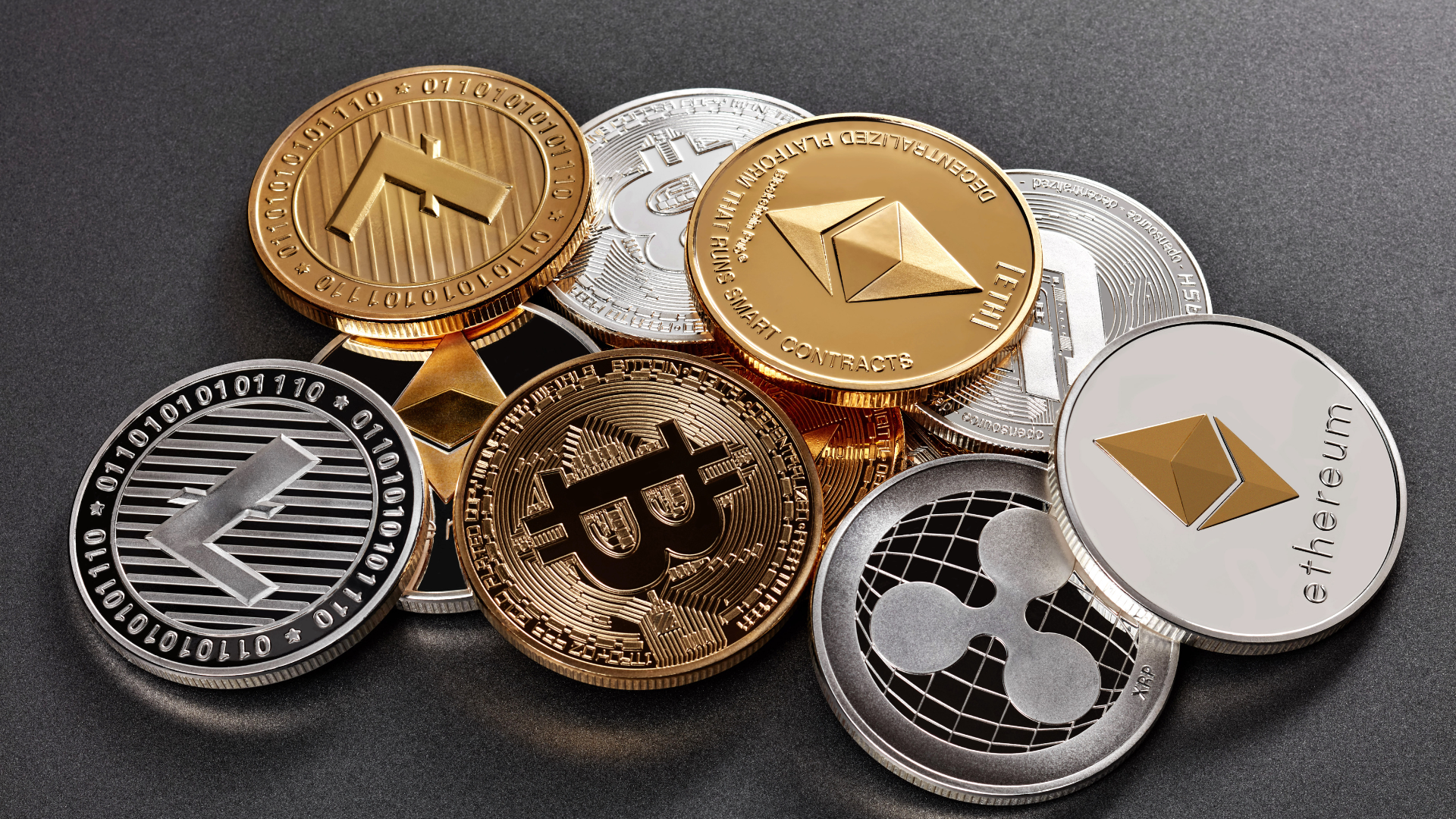Cryptocurrencies are a new form of currency that is gaining in popularity every day. They are different than traditional currencies in several ways, and it can be difficult to understand all the different types of cryptocurrencies out there. In this article, we will take a closer look at some of the key differences between cryptocurrencies and traditional currency and explain why they are becoming so popular.
How Does Cryptocurrency Differ From Traditional Currency?
Cryptocurrency is a form of digital currency that exists independently from traditional banking systems. In terms of structure, a cryptocurrency is decentralized, meaning there is no centralized access or control of the currency.
This makes it potentially more secure than traditional currency, since it cannot be easily manipulated or counterfeited. Additionally, cryptocurrency transactions are anonymous and are trackable due to its open-source and transparent nature.
Just like traditional currency, cryptocurrency also offers users a way to store wealth, make payments, and purchase goods, but with additional anonymity and security. Furthermore, transactions using cryptocurrencies are processed quickly and securely.
Cryptocurrency differs from traditional currency in several ways, but may be a more viable option in the future since it is secure, anonymous, and virtually untraceable.
Why Do People Choose Cryptocurrencies Over Traditional Currency?
Traditional currency is backed by governments and their ability to print more of it. Cryptocurrencies, on the other hand, are not backed by any government or institution. They are created through a process called mining, in which users solve complex mathematical problems to create new coins. This creates an intrinsic value as people believe that coins with greater value will be harder to produce. Additionally, cryptocurrencies are mobile-friendly, meaning they can be used in place of traditional currency across a variety of platforms.
Why Bitcoin is Popular
Bitcoin and other digital currencies are popular because they offer several unique benefits compared to traditional currency. These benefits include:
1. Speed
Bitcoin transactions are fast and easy to process, making them ideal for use in online transactions.
2. Security
Bitcoin wallets are secure, meaning that your coins are inaccessible to others unless you allow them access.
3. Volatility
Cryptocurrencies are highly volatile, which means that their value can change rapidly. T
Bitcoin Fundamentals
Bitcoin fundamentals provide potential investors with insight into the workings and potential of cryptocurrency markets. Bitcoin breakthroughs are responsible for fostering huge opportunities for investors in recent years when it comes to digital currency. Bitcoin innovation provides secure and reliable transactions that provide immediate confirmation and no third-party fees.
Bitcoin’s decentralized and distributed ledger technology, called a blockchain, is a key feature of the cryptocurrency market, allowing for a secure and reliable database of all transactions. Another major benefit of Bitcoin is its low transaction fees, allowing for faster and cheaper transactions compared to most other traditional payment methods.
Bitcoin also allows users to remain anonymous while conducting transactions, ensuring that their personal data is kept secure. All of these important fundamentals of Bitcoin have allowed it to remain a popular and preferred choice for investors looking to get involved in the cryptocurrency market.
BitCoin Has a Future Than Other Currencies
The rise of Bitcoin has introduced a new era of currency; one that is powered by a decentralized digital ledger called a blockchain. Unlike traditional currencies, Bitcoin is not controlled by any government or central bank and instead relies on distributed consensus to facilitate its transactions.
Bitcoin also offers a much higher level of security than traditional payment systems, as all transactions are protected by cryptographic algorithms. With its low transaction costs, ease of use, and an extensive community of global users, Bitcoin is well-positioned to become the digital currency of the future.
Furthermore, due to its decentralized nature, it is virtually immune to censorship and government intervention, making it a valuable currency alternative for people living in countries with poor economic outlook. The future of Bitcoin is certainly brighter than traditional currencies, as it offers users a secure, low-cost, and global means of payment.
Cryptocurrencies are a relatively new phenomenon, but they have already shown the potential to revolutionize the way we do business. Cryptocurrencies use cryptography to secure their transactions and to control the creation of new units. They can also be traded between users without the need for a third party.
This makes them unique compared to traditional currencies, which are controlled by governments and central banks. If you’re curious about what cryptocurrencies are all about and want to learn more, I encourage you to explore further.




